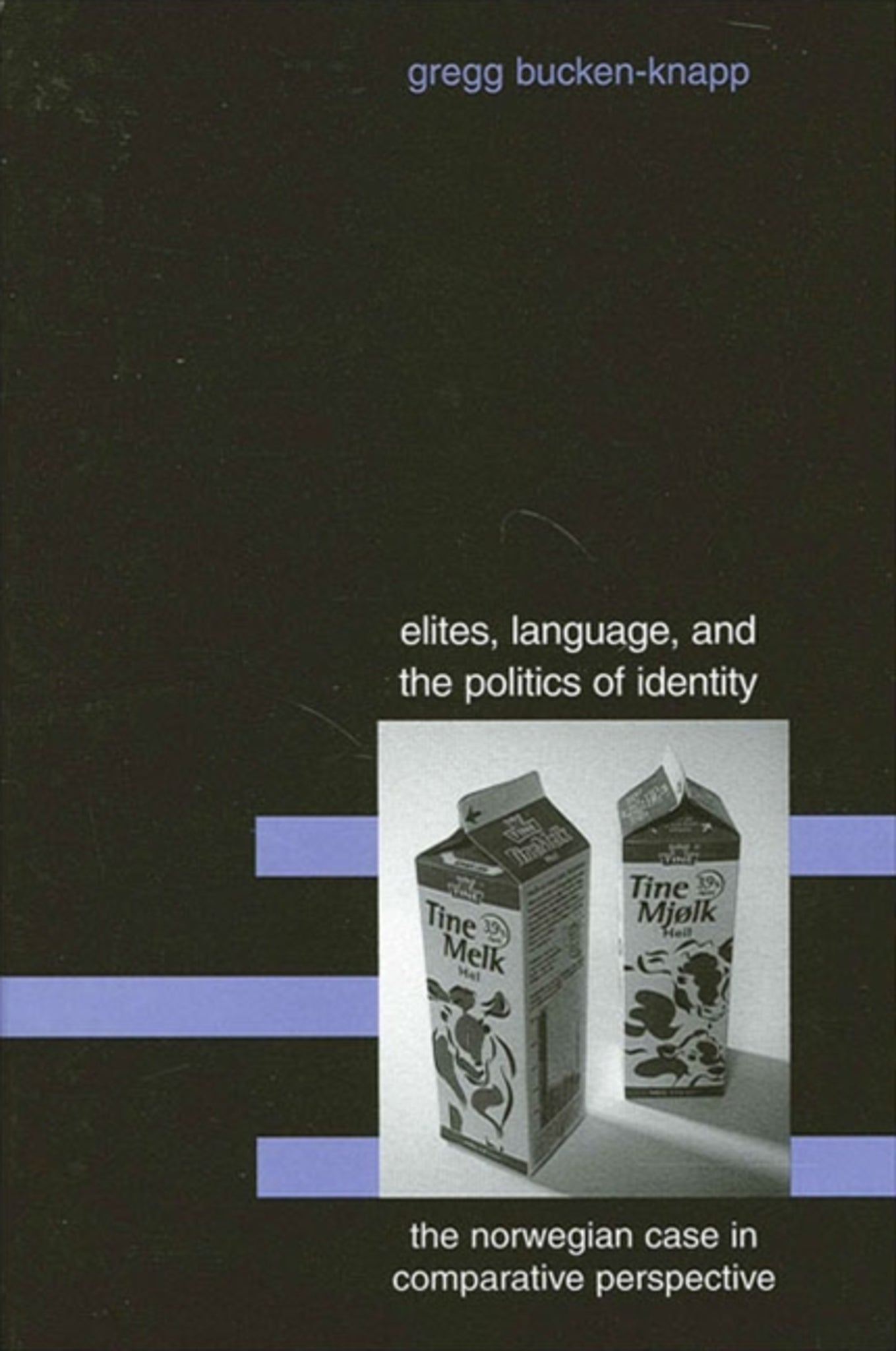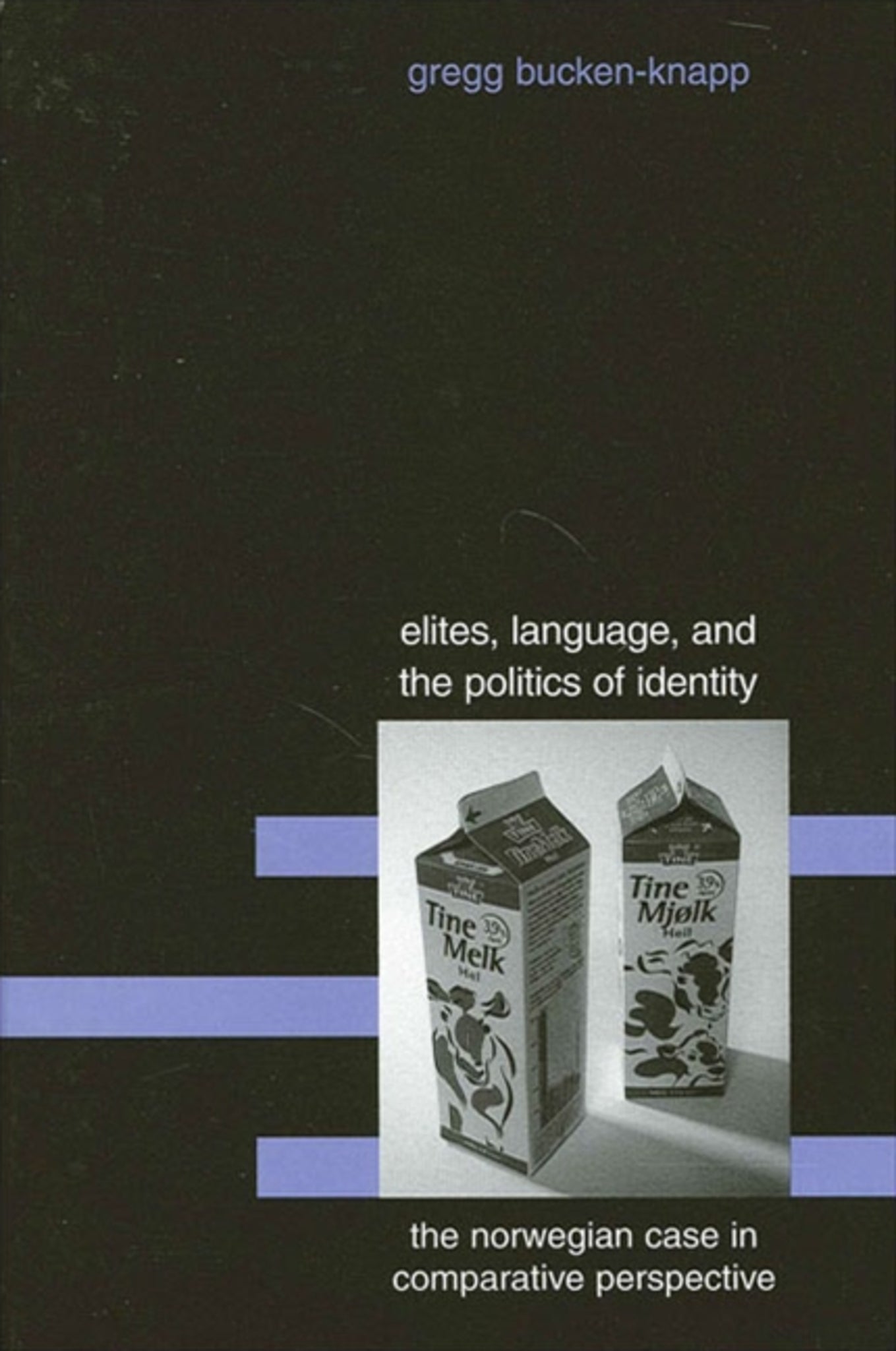We're sorry. An error has occurred
Please cancel or retry.
Elites, Language, and the Politics of Identity

Some error occured while loading the Quick View. Please close the Quick View and try reloading the page.
Couldn't load pickup availability
- Format:
-
27 March 2003

Uses Norway to test the claim that elites are central to the politicization of linguistic conflict.
Why and when do linguistic cleavages within a nation become politicized? Using Norway-where language has played a particularly salient role in the nation's history-as a case study, Gregg Bucken-Knapp explores these questions and challenges the notion that the politicization of language conflict is a response to language problems. He shows that political elites often view language conflict as a political opportunity, placing it on the policy agenda as an effective mobilizing tool to serve their own nonlinguistic political ends. Although language-oriented interest groups may fight to achieve desired language policies, they are generally unsuccessful when their preferences clash with the broader objectives of political elites. This book focuses on understanding just how language policies emerge.


List of Tables
Acknowledgements
1. Language, Politics, and Modern Norway
2. National Identity, Party Identity, and the Role of Nynorsk in the New Norwegian State
3. Language and Social Democracy in Twentieth-Century Norway
4. The Shifting Fate of the Sámi Languages in Modern Norway
5. Norway Compared: The Case of Belgian Language Politics
6. Conclusion
Notes
Bibliography
Index



